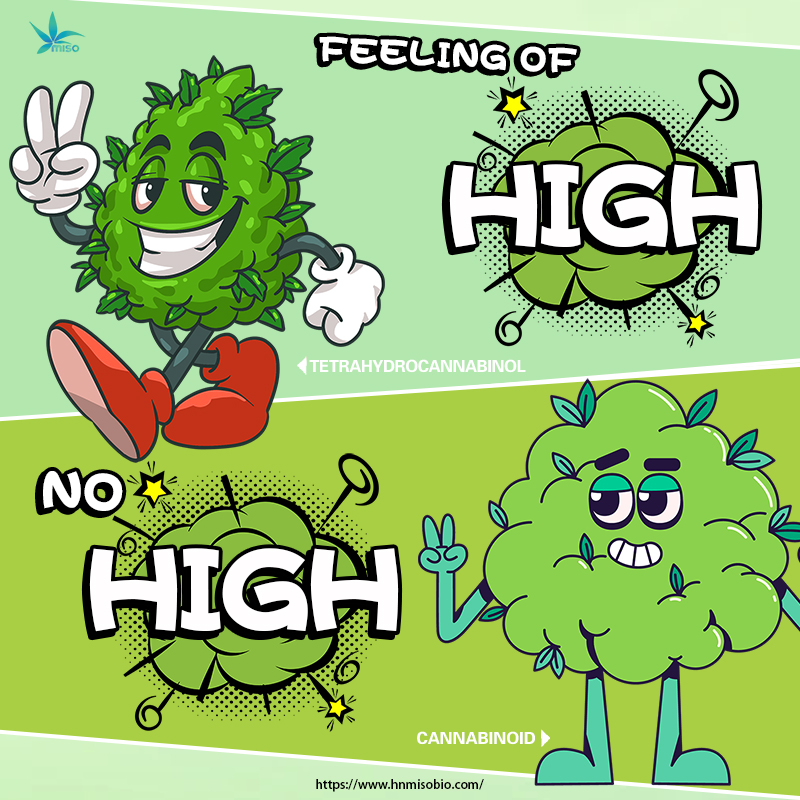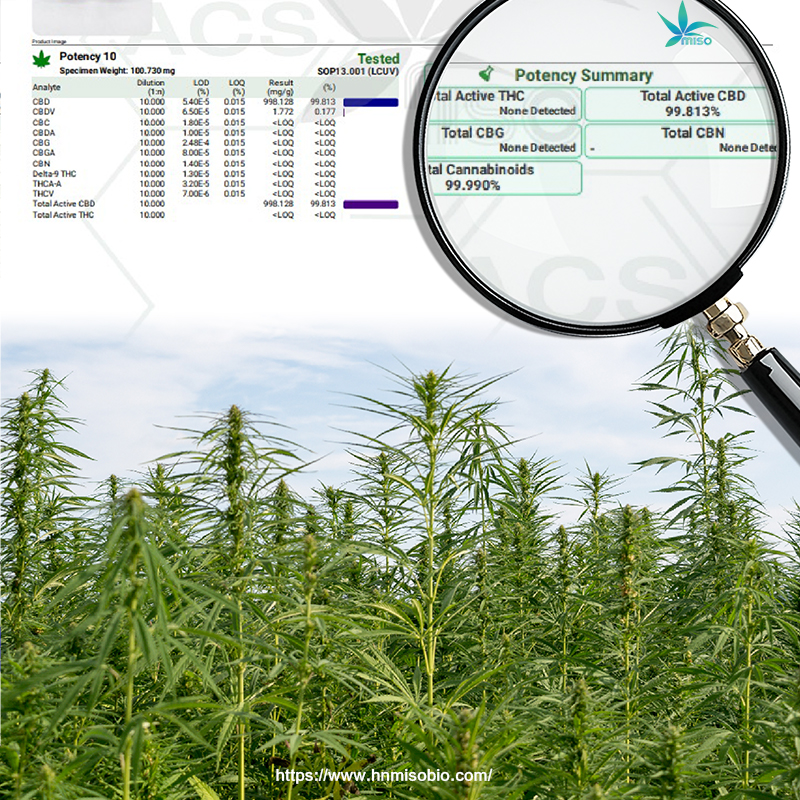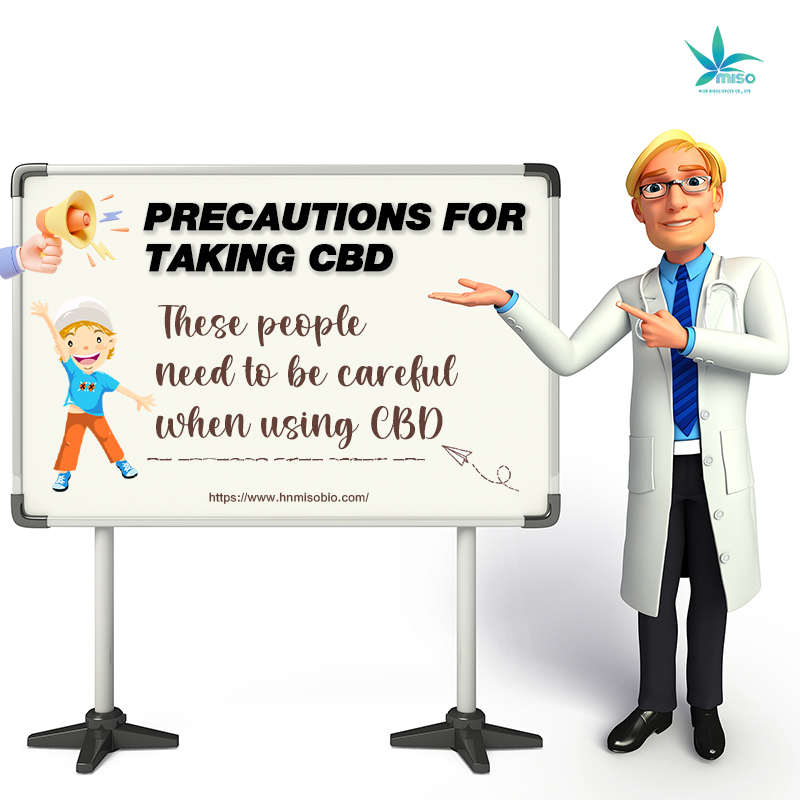In recent years, CBD (cannabidiol) has gained widespread attention as a natural health supplement. With its potential benefits ranging from relieving anxiety and pain to improving sleep, many people are excited about its possibilities. However, despite its many positive effects, concerns about the safety of CBD remain a focal point for many. Is it really safe? Could it have negative health effects? What do you need to know before using it?
This article will address some common questions about the safety of CBD, helping you make an informed decision.
1. Will CBD Get You “High”?
CBD is a non-psychoactive compound found in cannabis and does not cause the “high” associated with its sister compound, THC (tetrahydrocannabinol). THC is the main psychoactive component in cannabis and is responsible for the effects related to mood alteration, such as anxiety, paranoia, and hallucinations. However, CBD does not produce these effects and may even help counteract the negative reactions caused by THC.

Therefore, when using CBD products, you won’t experience a "high" or any mental alterations. The effects of CBD are typically mild, designed to relax the body and alleviate stress or discomfort.
2. What Are the Side Effects of CBD?
While CBD is generally considered a safe natural supplement, it can cause mild side effects, especially at high doses. Common side effects include:
Fatigue and drowsiness: Some people may feel slightly fatigued or sleepy after using CBD, especially when using it to improve sleep.
Gastrointestinal discomfort: Some users may experience mild stomach discomfort, such as nausea, diarrhea, or changes in appetite.
Dry mouth: CBD may cause dry mouth, a result of its interaction with saliva production.

These side effects are generally mild and subside quickly after discontinuing use of CBD. To minimize discomfort, it’s recommended to start with a low dose when trying CBD for the first time, observe how your body responds, and gradually increase the dosage.
3. Can CBD Interact with Medications?
CBD can influence the metabolism of certain medications, particularly those processed by the liver. CBD may inhibit the activity of certain enzymes that are responsible for breaking down chemicals in medications, which could lead to an increase or decrease in the concentration of those drugs in the bloodstream.
Therefore, if you are taking any prescription medications, especially antidepressants, anti-anxiety drugs, or blood pressure medications, it is advisable to consult with your doctor before using CBD. Your doctor can help evaluate whether CBD may interact with your current medications and ensure your medication use remains safe.
4. The Importance of CBD Quality and Sourcing
The safety of CBD isn’t just about the compound itself; it also depends on its source and production process. With so many different types of CBD products available on the market—such as oils, gummies, creams, and beverages—it’s crucial to focus on the following factors when purchasing:

Source: Choose reputable brands and suppliers, who often provide third-party lab reports to ensure the accuracy of CBD content and absence of harmful substances.
- Production standards: High-quality CBD products should follow strict manufacturing standards to ensure they are free from pesticides, chemical solvents, and other harmful additives.
Third-party testing: Ensure that the CBD products you buy have been tested by independent labs, confirming that they are free from heavy metals, pesticides, or other contaminants.
Selecting trusted brands and certified products is an important step in ensuring the safety of your CBD use.
5. Is CBD Suitable for Everyone?
While CBD is a safe and effective supplement for many people, it may not be suitable for everyone. The following groups should be cautious when using CBD:

Pregnant or breastfeeding women: Although no significant adverse effects of CBD on pregnant or breastfeeding women have been observed, due to a lack of extensive research, it’s recommended that this group consult a healthcare provider before using CBD.
Children: Although some studies show that CBD can help treat conditions like epilepsy in children, it is essential for children to use CBD under the supervision of a healthcare professional.
People with liver issues: Since CBD is metabolized by the liver, individuals with liver conditions should use CBD with caution to avoid adverse reactions from excessive dosages.
Overall, most adults can use CBD safely, especially when used in reasonable amounts.
6. How to Use CBD Safely
To ensure the safe use of CBD, here are a few tips:
Start with a low dose: Begin with a low dose of CBD and observe how your body reacts. Gradually increase the dosage as needed, but avoid overuse.
Know the ingredients: When purchasing CBD products, check the ingredient list to ensure they don’t contain unnecessary chemicals or artificial additives.
Choose legal products: Opt for CBD products that comply with local regulations, ensuring they are sourced legally and are of reliable quality.
Conclusion
In general, CBD is a safe natural supplement for most people, especially when used in moderation. Its non-psychoactive properties, low risk of side effects, and potential health benefits make it an ideal choice for alleviating stress, anxiety, pain, and other issues. However, like any supplement, CBD should be used with caution, particularly when considering potential side effects or interactions with other medications. Choosing high-quality products and consulting a doctor when necessary are key to ensuring safe use.
Understanding the facts about CBD's safety can help you make an informed decision and fully enjoy the health benefits it offers.